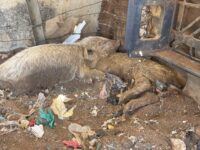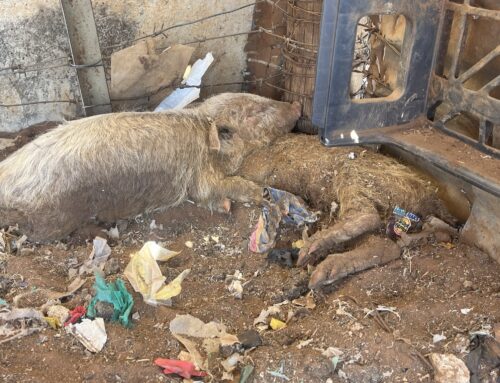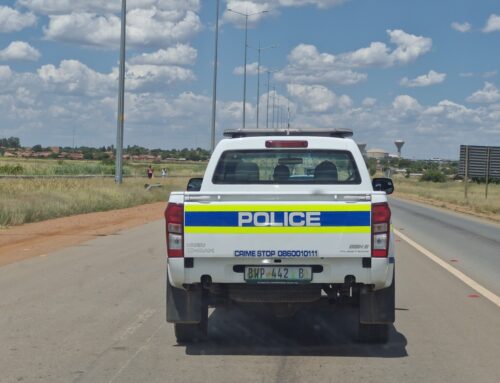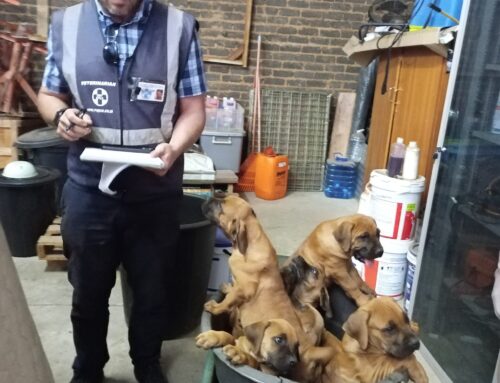For over a year, the NSPCA has been following up and constantly being given the run around for answers as to why there are fish being held captive in a glass tank in the Kruger National Park- a park which is meant to allow animals to roam freely in their ‘natural habitat’.
In December 2020, after receiving a complaint, the NSPCA began what would become a lengthy procedure to raise our concerns regarding the tank exhibiting Tilapia and other fish at the entrance of the Skukuza Indigenous Nursery.
The NSPCA formally wrote to multiple members of senior and executive management of the Kruger National Park/SANparks to raise our concerns. These members include Dr. C. Nkuna, the General Manager of veterinary services at the Kruger as well as Dr. L. Dziba the acting CEO of the Kruger, amoung others.
The NSPCA was disappointed in the response we received, which outlined the Kruger’s determination to keep the fish in captivity. In fact, their response went so far as to banishing our suggestion of freeing the fish by saying, “ If the pond is too shallow, the fish will be eaten by predators. If the pond is too deep, then the public will be unable to see the fish through the water.”
It is also worth noting that these fish were taken from the very same pond that the Park is refusing to release the fish back into.
Finally, the NSPCA formally approached the Director General of the Department of Forestry Fisheries and the Environment who indicated that the NSPCA should resolve the matter by engaging with SANParks since the welfare of the fish is not in question.
The NSPCA is appalled at the serious lack of empathy, morals and ethics displayed by the parties that were approached with our concerns regarding the fish.
It is astounding how the aforementioned parties fail to see the ethical dilemma in keeping these fish captive in one of the few facilities in South Africa where animals are allowed to ROAM FREELY.
Just because these animals are fish does not mean the Kruger should overlook their right to also live freely within the park like the other animals.
The Council has stated on numerous occasions that there is no educational value to this exhibit. There is nothing preventing the Park from freeing the fish and placing a board next to the pond stating which fish inhabit that pond.
We live in a day and age where technology provides access to a plethora of information. Most children can provide information on dinosaurs that walked the earth millions of years ago… as far as we are concerned, we have never seen a live dinosaur in captivity which contributed to the child’s ability to learn about dinosaurs. There is, and never was, a reason for live animals to be confined for the purpose of education.
The NSPCA calls on the Kruger National Park to do what is right and ethical, and release the fish back into the pond they were found in.
If you are as passionate about animals and their well-being as we are, consider supporting our causes by donating.
Latest News Posts
Will You Be the One Who Takes Action?
Most people will scroll past this. But will you be the one who stands up for animals?
Animal welfare isn’t always in the spotlight, but it changes lives – for every neglected, abused, or suffering animal we help. Our teams work tirelessly, often behind the scenes, ensuring animals across South Africa are protected.
This work is relentless. The challenges are immense. But with more hands, hearts, and resources, we can do even more.
The equation is simple: the more supporters we have, the greater our reach, the stronger our impact.
Be part of the change. Become an NSPCA Project Partner today. From just R50 per month, you can help ensure that no animal suffers in silence.








